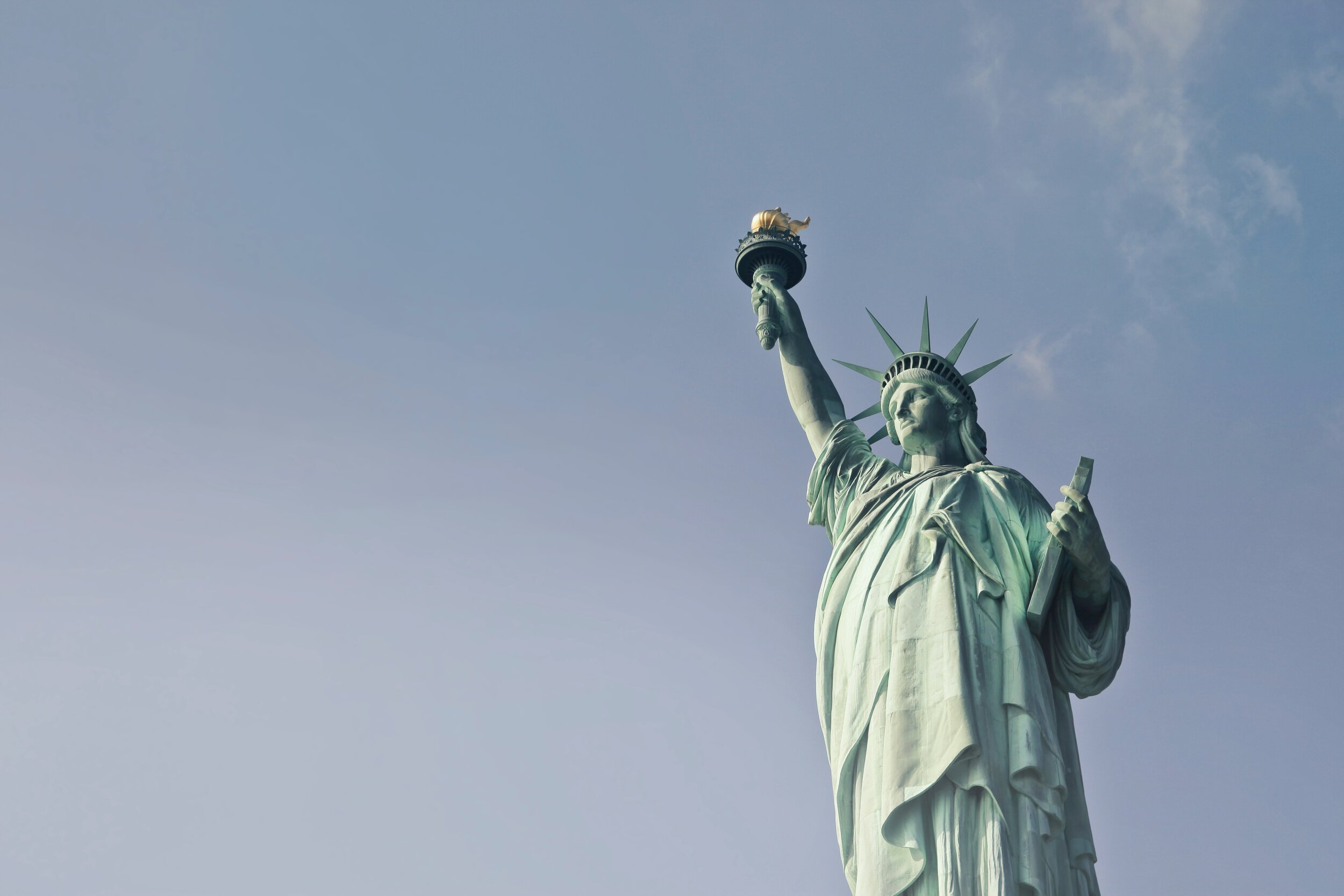Black Life In America: A Poetry Compilation
This week’s feature for Ars Poetica’s Writing Series for BIPOC Voices is written by Jonathan Allen. All pieces within the series have been curated by Shakilya Lawrence.
CW: harsh language, police brutality, violence
Viva La Negro
What to do, when the term beaten black and blue turns literal?
What to do when things once so simple, are now “political”?
What to do, when hands up, don’t mean surrender no more?
Both knees on the floor, chest to the ground.
Knees on my neck.
They’ll hear a knife was found.
They’ll hear what was in my system.
I didn’t comply, “he didn’t listen.”
So what am I to do?
When the system won already?
Set up against me, against her, against us.
Photo by AJ Colores on Unsplash
What to do?
When blue beat black.
What to do, when simple arrest means shot in the back.
What to do?
My hands are up, I’m not resisting, knees on neck my visions twisting.
And twisted it is, to swear an oath only to murder our kids.
Twisted it is, that they traded their hoods and robes for gavels and badges,
S.W.A.T cars, unmarked vehicles, make our fathers disappear like magic.
Poof.
Just like that,
generations disrupted, daughters abducted, mothers put up with sons lying dead in the street with
their hands up
knees on neck
and chest to the ground.
All that remains is the question:
What to do?
I wrote a piece shortly after attending a BLM protest in Raleigh, North Carolina that encompassed the frustrations and anxieties I had with my first protest. This protest was shortly after the murder of George Floyd. In this piece I spoke on how police can use forms of intimidation and fake protesters to incite riots, which can turn peaceful protests deadly. I wouldn’t have thought police would ever use tactics like this if I had never been in the situation to witness it myself. Marching through the streets of Raleigh with a mask on during a pandemic is not how I’d envisioned my first protest, but I felt a strong connection to the ones who were grieving lost loved ones while I was chanting for equality and justice. “Viva La Negro” is a poem dedicated to my march through Raleigh, North Carolina as well as the ongoing fight of an oppressive system.
Every N*gga
Oh America,
home of the brave, land of the free.
Unless you look like me.
Did my parents know that my black skin would be a sin when they brought me in?
Did they think this stolen land would be free of judgement?
Free to live on.
Wishful thinking when they thought reality would sink in, and the system would correct itself.
Photo by Andrea Piacquadio from Pexels
Who’s checking the system?
Checks and balances missed them,
how long can they call this foreign land home?
“Land ho’!”
Said a genocidal maniac.
Who stole land, raped hundreds.
Slayed thousands.
Spread disease through the lands,
an ethnic cleansing.
Cleanse the system, not of ethnicity but of atrocity, ethnocentrism, hypocrisy.
Make them see me as us.
As we.
“Every N*gga”, is a piece I wrote that comes from being born and raised in a place that not only stole land, but stole people to establish a new country that would eventually brand themselves “the land of the free, and home of the brave.” It seems ironic to me that a country that was built by slaves and riddled with oppression can call themselves the land of the free or the home of the brave but as they say, history is written by the victor. I live in hopes that one day oppressive systems will crumble and recognize their evil. These hopes aren’t new or unique to me or my generation. Black people in America have hoped for reparations for so long that most people can’t even fathom the interest due on what we deserve as people who were enslaved for centuries.
Functional Dysfunction
Waking up disconnected,
Yesterday’s news as well.
Deafening silence consumes the nights transformation into morning.
The birds aren’t awake yet.
Nothing is real.
The wind sleeps, the trees still.
Nothing is real.
Not this early.
Love and pain make us real.
So I’ll love until it hurts.
And I’ll hurt until I’m loved.
“Functional Dysfunction” is written from my viewpoint of everything going on right now. As someone who tries to be outspoken about social issues, I have often found myself doing my most critical thinking in the earliest hours of the day. Around 6 am I would wake up and workout when quarantine first began. Trying to prepare my mind and body for the things I would hear and see from news outlets and social media during the day was always my first priority. Within these few silent hours of dawn, it would feel as if our world wasn't in a downward spiral as we know it — as if nothing were real. I began to find solace in this place of stillness which brought me to the realization that the only difference between something as symbolic and intangible as the stillness of an early morning and the plight of the human experience is love and pain. These emotions and how we express and interpret them separate us from what is real and what isn't. Feeling these emotions to the fullest of my own understanding is what I try to contribute to myself and those around me on a consistent basis. The racial inequalities we've faced daily for hundreds of years is enough reason to become jaded towards people who benefit from our broken system. In light of the state of our current world, it's easy to use this frustration to project hatred. It may seem like a naive approach but I truly believe a healthy relationship with love and pain can heal, and has helped me through these hard times.
Jonathon Allen was born in Ypsilanti, Michigan, but now currently resides in Durham, North Carolina. He graduated from North Carolina Central University in 2019 with a Bachelor's degree in Business Administration with a concentration in Management. Shortly after graduating, he began working as the Chief Marketing Officer for a content development start-up called AFRIKONNEK where he currently works. In his spare time, he enjoys writing poetry, traveling, and spending time with his loved ones.



